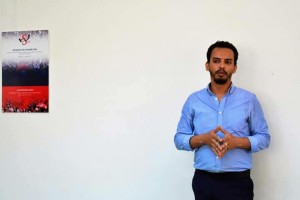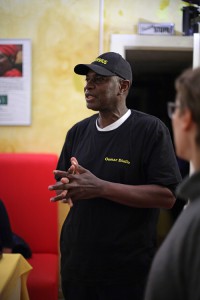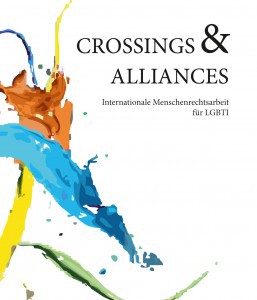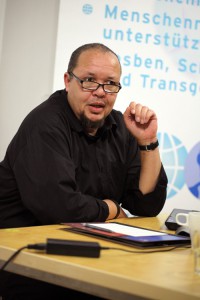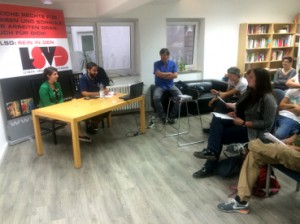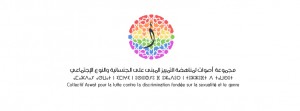 Human Rights Organization “Aswat” on the current situation of LGBTQI in Morocco.
Human Rights Organization “Aswat” on the current situation of LGBTQI in Morocco.
Aswat is an independent non-profit group in Morocco, working on gender and sexuality issues related to sexual minorities. The group pursues a peaceful commitment to fight against discrimination against lesbians, gays, bisexual, transgender, transsexual and intersex in Morocco. The group operates two pages on facebook, “collectif Aswat” and “Aswat Magazine LGBT” and a website. Guido Schäfer of Hirschfeld-Eddy Foundation has conducted the interview on June 1st, 2016. (Deutsche Übersetzung)
Hirschfeld Eddy Foundation (HES): The German parliament has decided on May, 13 to put Morocco on the so called list of “safe countries of origin”. In case this change becomes effective, this means for Moroccan applicants for asylum that a summary procedure applies in Germany which reduces the deadlines for decision, appeal and deportation each in general to one week only. This would significantly reduce the chance of a fair procedure. How safe is Morocco for LGBTQI?


